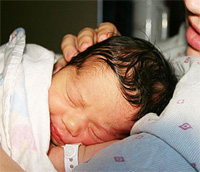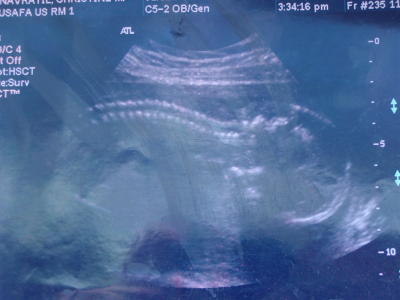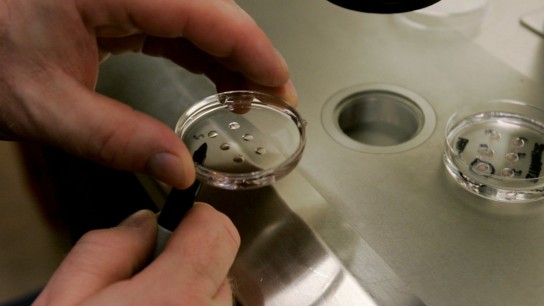
What Is Fetal Distress?
Fetal distress, also more commonly known as “nonreassuring fetal heart tracing”, is basically a particular complication when during labor your baby’s heart beat becomes flat, or drops to a lower level repeatedly causing stress for your baby. When you are in labor your baby’s heart rate will constantly be monitored for any sign of complications or stress. There are three types of heart decelerations:- Early – These are usually indicative of a head compression and are the most common of all three.
- Variable – These are usually indicative of a cord compression and are usually seen in the pushing stage of labor.
- Late – These are the ones which usually cause the most concern. A single deceleration may not be so bad, but persistent late decelerations are usually followed by concern for the baby’s well being.
Causes of Distress
While some change in fetal heart pattern during labor is fairly normal, there are also a variety of different factors which may cause fetal distress. Some of the common causes include:- A loop of umbilical cord around the baby’s neck. Almost 30% of babies have a cord around their neck
- Uterine infection
- Placental abruption
- Uterine rupture
Dealing With Fetal Distress
There are many different options which can be taken to minimize or correct fetal distress during labor. Some steps may include giving you extra IV fluid, oxygen, turning on one side or even an injection to stop contractions long enough to give baby enough time to recover. If the level of fetal distress is more severe, then there is more chance of more damage being caused to baby. Fortunately, more severe cases are much rarer, occurring in only 10% of births. If your doctor can recognize the symptoms early enough, then in most cases there is little chance of any damage being caused as your doctor will be able to deal with the issue at hand, and continuing with delivery. There is no real way of knowing if your baby is suffering from fetal distress unless the doctors are monitoring the baby’s heart rate, and so for those who choose not to have the heart rate monitored run a higher risk of having their baby suffer from more permanent damage during labor.Fetal Distress



